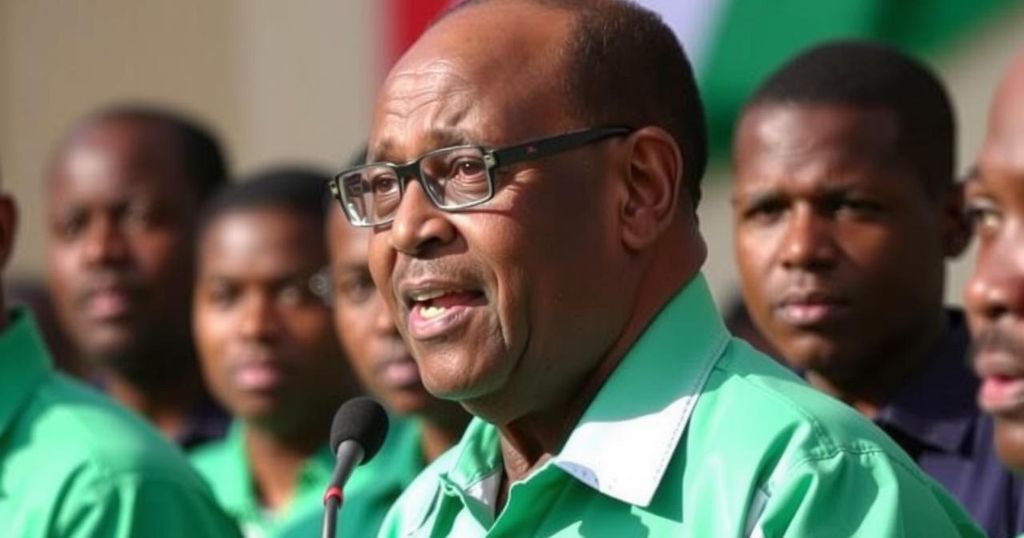Chad’s Ruling Party Achieves Majority in Boycotted Legislative Elections
Chad’s ruling Patriotic Salvation Movement secured a significant victory in December’s parliamentary elections, achieving 124 out of 188 seats. The election faced a boycott from major opposition parties, who criticized the process as a “charade.” This election marks a step in Chad’s transition to democracy under President Mahamat Idriss Déby, amidst various security challenges and political uncertainties.
In the December parliamentary elections, Chad’s ruling Patriotic Salvation Movement (PSM) has achieved a commanding majority, winning 124 out of the 188 available seats as per provisional results released. This election, which witnessed a boycott from the principal opposition parties, further solidifies President Mahamat Idriss Déby’s control over the political landscape of Chad. The voter turnout was noted at 51.5 percent, marking the first parliamentary election in over a decade. This election forms a crucial segment of the nation’s transition towards a civilian government following Déby’s successful military takeover in 2021, which occurred after the death of his father, longtime president Idriss Déby Itno. The military ruler has characterized this electoral outcome as a crucial step towards decentralization, aiming to distribute power more equitably across regional and municipal levels. However, leading opposition groups, including the Transformers party, labelled the election a “charade” and raised concerns regarding its credibility, questioning its validity following their previous experiences with the electoral process.
Chad’s political landscape underwent significant changes following the death of long-standing President Idriss Déby Itno in April 2021, which resulted in his son, Mahamat Idriss Déby, taking power as a military ruler. This parliamentary election is the first since 2011 and is seen as a vital step in Chad’s transition to democracy after years of authoritarian rule. Despite efforts for democratization, the election was marred by opposition boycotts and suspicions regarding the fairness of the electoral process, raising questions about Chad’s political future amidst various security threats from regional insurgents and shifting international alliances.
In conclusion, the recent parliamentary elections in Chad have resulted in a substantial victory for the ruling Patriotic Salvation Movement, reinforcing President Mahamat Idriss Déby’s influence amidst widespread opposition boycotts. The election represents a pivotal moment in Chad’s ongoing transition towards a more decentralized governmental structure, despite allegations of a compromised democratic process. The international community will keenly observe the implications of this election on Chad’s stability, governance, and its ongoing security challenges.
Original Source: www.rfi.fr




Post Comment